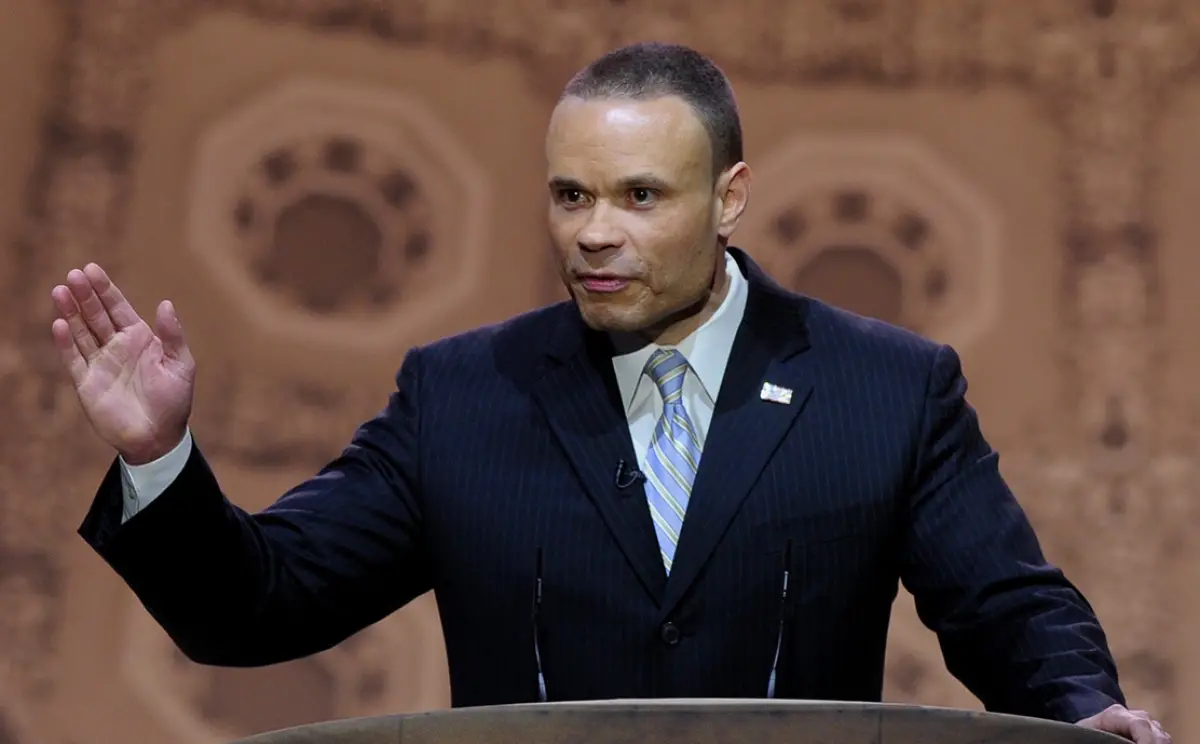Dan Bongino Issues Bold Challenge to Adam Schiff Ahead of FBI Role
Dan Bongino, a political commentator and former Secret Service agent, recently made waves by addressing the controversy surrounding the Russia collusion narrative, particularly calling out Senator Adam Schiff for his involvement in the discussions. Bongino’s remarks sparked debate just days before his anticipated appointment to a key role at the FBI, and his comments touched on the ongoing issues related to Russian interference in U.S. elections.
Bongino opened his podcast with direct criticism, questioning why Schiff seemed so concerned with the ongoing debates about Russian interference. He encouraged his audience to reconsider the long-standing narrative of the Russia collusion claims, urging people not to let the issue fade away into history. Bongino’s perspective suggests that the Russia investigation, which has been a defining issue in recent years, may not have been an isolated case of independent investigation, but rather a coordinated effort involving multiple agencies and international actors. He contends that this narrative, which dominated the political landscape for so long, had serious implications not only for domestic politics but also for international relations.
For Bongino, this issue remains important, and he has vowed to keep it in the public eye. He expressed his determination to continue questioning the events surrounding the Russia investigation, emphasizing that it’s critical to understand the full extent of what occurred and make sure that such situations do not arise again in the future. His challenge to Schiff, whom he labeled as a central figure in the narrative, signals a shift in focus—one that may lead to a renewed examination of the issue. Bongino’s stance suggests that the investigation into Russian interference remains unresolved, and he plans to use his upcoming position within the FBI to help steer conversations back to this topic.
The focus on Schiff also ties into a broader conversation about accountability and transparency in politics. Another development that surfaced amid the controversy is the preemptive pardon granted to Schiff by former President Joe Biden. This pardon, which was tied to Schiff’s work on the January 6 Commission, has drawn mixed reactions. While Schiff accepted the pardon, he expressed uncertainty about its necessity, highlighting the complex nature of political decisions and the pressure surrounding them. The decision to grant the pardon raised questions about its scope, particularly regarding whether it applied to Schiff’s role in the Russia investigation or his public statements concerning former President Donald Trump’s ties to Russian officials.
The pardon has become another focal point in the ongoing debate surrounding accountability in politics. Schiff’s cautious acceptance of the pardon only adds to the complexity of the situation. Political figures such as former Representative Liz Cheney and Representative Bennie Thompson have spoken about the circumstances that led to the pardon, underscoring that their actions on the January 6 Commission were driven by a commitment to expose the truth about the events surrounding the 2020 election, rather than personal motivations to avoid legal repercussions.
These developments suggest that the Russia investigation and the aftermath of the January 6 Commission will continue to influence political conversations moving forward. Bongino’s strong statements, paired with his new role at the FBI, signal that investigations into the issues surrounding Russian interference in U.S. elections and related events will remain a topic of scrutiny. His calls for transparency and accountability indicate a desire to revisit past narratives and explore their implications in the present.
The ongoing discussions about the Russia investigation, the January 6 Commission, and the political figures involved suggest that the search for clarity and truth in these matters will continue to shape national conversations. The conversations about these events, including the role of Schiff and the implications of the pardon, are far from over. Whether or not they lead to new investigations or shifts in public opinion, they remind us of the importance of transparency and the ongoing need for accountability in politics.
Bongino’s remarks, Schiff’s pardon, and the continued exploration of the Russia investigation all point to an evolving narrative that will likely remain central in the political landscape for some time. These events highlight the complexities and challenges that come with addressing past controversies, and the push for transparency and accountability in government is likely to continue influencing public discourse in the days ahead.
